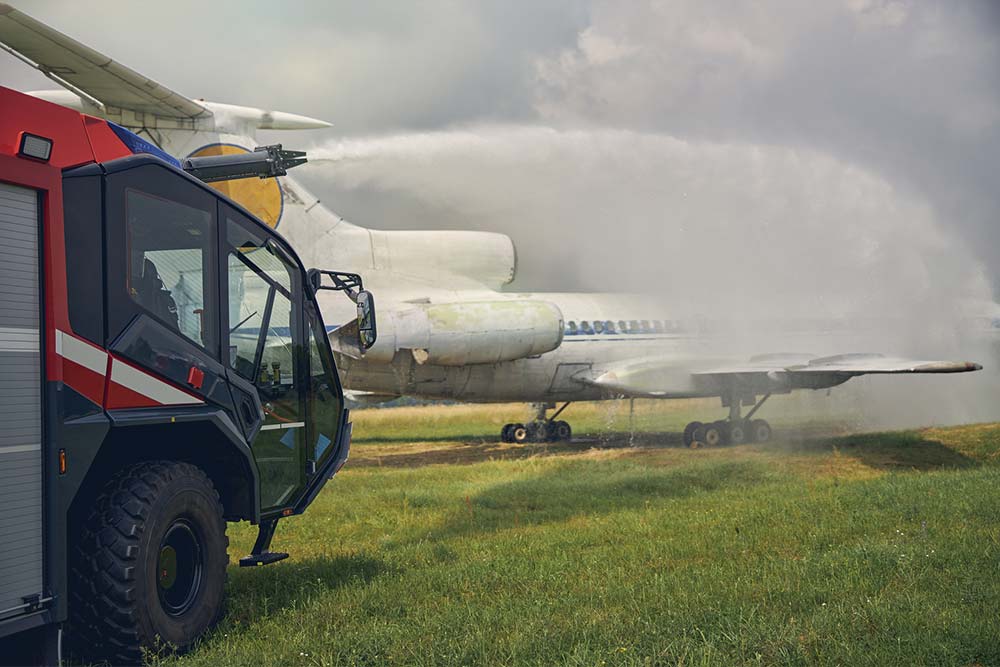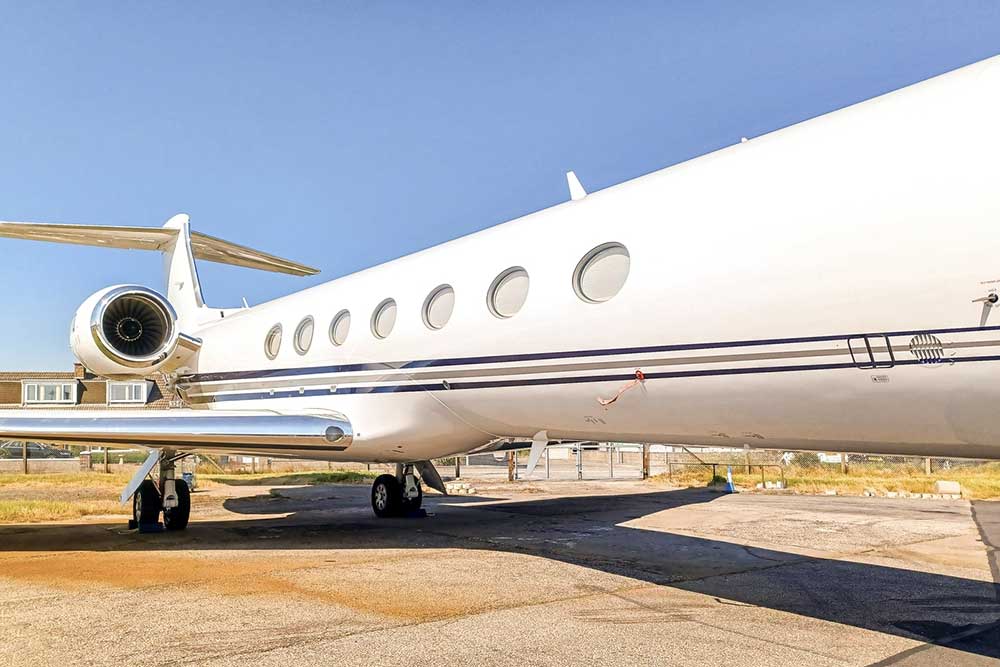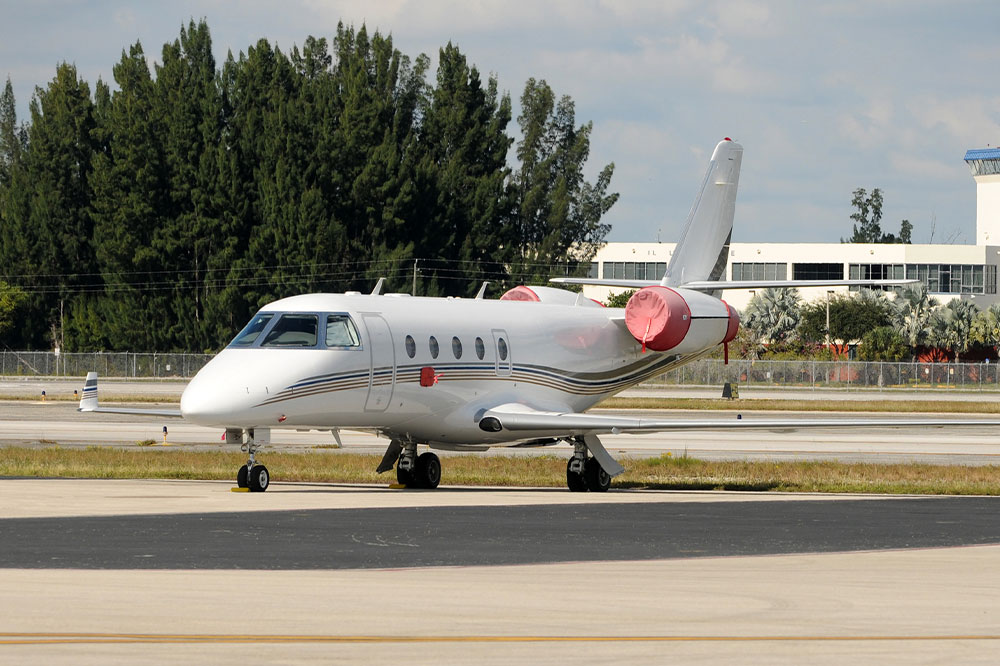Top 4 Training Programs to Advance Aviation Safety Expertise
This article highlights four essential aviation safety courses designed to develop expertise in safety protocols, risk management, and incident handling. From comprehensive diploma programs to specialized safety management systems, these courses prepare professionals to ensure safer air travel. The training options include in-depth classroom studies, practical exercises, and certification opportunities, catering to various experience levels. Pursuing these courses can significantly boost career prospects in the aviation industry, emphasizing safety, compliance, and leadership skills necessary for the evolving aviation landscape.

Top 4 Training Programs to Advance Aviation Safety Expertise
Maintaining safety in aviation requires identifying potential hazards, assessing risks, and implementing effective mitigation measures. Professionals dedicated to this field need extensive knowledge of safety protocols and risk management strategies, as errors can lead to serious outcomes. To build these vital skills, aspiring aviation safety experts should enroll in reputable courses that cover safety procedures, regulations, and leadership skills essential for a successful career in aviation safety.
1. Aviation Safety (ASE) Certification by Seneca College This detailed three-year program spans six semesters, providing students with comprehensive knowledge of safety practices applicable to aviation.
Students gain expertise in:
Technical skills for safety procedures and policies
Canadian aviation laws and standards
Leadership and management in aviation operations
These competencies are vital for advancing in aviation careers. The program offers flexible options, including online and on-campus classes. Graduates earn an Ontario College Advanced Diploma upon completion.The curriculum focuses on:
System development and deployment
Safety database management
Auditing and safety assessments
Incident review and safety oversight
Risk analysis and data trending
Flight data evaluation
Tuition costs vary: domestic students pay around $3,632 plus $1,550 for supplies, while international students pay approximately $17,338 plus $1,550.
2. Safety Management System (SMS) Implementation in Civil Aviation by IATA This intensive five-day, 40-hour training helps aviation service providers—such as maintenance providers and navigation organizations—develop and oversee effective Safety Management Systems in compliance with ICAO standards. Delivered in person at IATA centers or in-house, the course emphasizes practical exercises for participants. The goal is to enhance global aviation safety, efficiency, and compliance.
Course topics include:
Safety assurance methods
Risk management techniques
Development of safety policies and targets
Fostering a safety-oriented culture
Participants engage with case studies and real-world scenarios. The fee is $2,408 for members and $2,676 for non-members, with early registration offering discounts of up to 25%.
3. Advanced Safety Management System Development by IATA This four-day, 16-hour advanced course explores complex safety management concepts through interactive discussions and case studies. Participants will analyze organizational factors influencing safety performance and learn to develop resilient safety strategies that anticipate future safety trends.
Course features include:
Virtual live classroom sessions
One interactive session daily (240 minutes)
Post-class assignments and follow-up
Performance evaluation
Attendees will deepen their understanding of safety metrics and organizational safety influences.
4. Aircraft Recovery Certification by IATA This three-day program prepares professionals for aircraft recovery operations, including handling disabled aircraft. Participants will learn about recovery techniques, planning, damage prevention, weight reduction strategies, and operational safety considerations. The course aims to ensure efficient recovery while preventing secondary damage.
Prerequisites include prior knowledge of airport operations and aircraft engineering. Suitable for both beginners and intermediate learners, requiring ICAO Operational Level 4 proficiency or equivalent. Certification is awarded based on assessment: 70% for a standard certificate and 90% or above for distinction.


